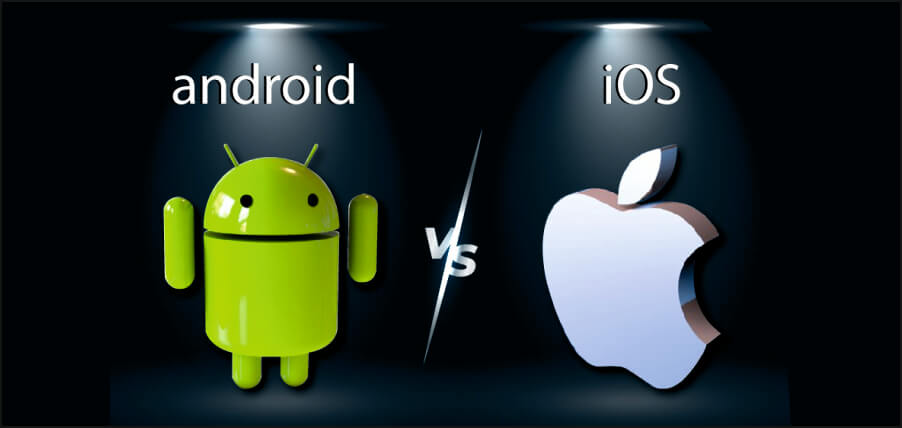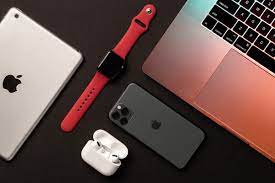
key differences between iOS and Android
iOS and Android are two of the most popular mobile operating systems, each offering unique features and functionalities. Here are some key differences between iOS and Android:

- Platform: iOS is developed by Apple exclusively for its hardware devices such as iPhones, iPads, and iPod Touch, while Android is developed by Google and is used by various manufacturers like Samsung, LG, and Google itself on their smartphones and tablets.
- User Interface: iOS has a sleek, uniform interface across all Apple devices, with a focus on simplicity and ease of use. Android offers more customization options, allowing users to personalize their home screens, widgets, and overall look and feel.
- App Ecosystem: The Apple App Store is curated and tightly controlled by Apple, resulting in a more streamlined and secure app experience. On the other hand, the Google Play Store has a more open approach, allowing for a wider variety of apps but with potential security risks if users are not cautious.
- Hardware Diversity: iOS is limited to Apple devices, offering a consistent experience across a range of devices. Android, however, runs on a wide variety of devices with different hardware specifications, screen sizes. Features, providing users with more options to choose from.
- Updates: Apple controls both the hardware and software for iOS devices, allowing for timely and consistent updates across all supported devices. Android updates, however, can vary significantly depending on the manufacturer and carrier, leading to fragmentation and slower adoption of the latest features and security patches for some devices.
- Integration: iOS devices are tightly integrated with other Apple products and services such as iCloud, iMessage, and FaceTime, offering a seamless ecosystem for users. Android devices integrate well with Google services like Gmail, Google Drive, and Google Assistant, but may not offer the same level of integration with non-Google services.
- Development Environment: iOS app development requires the use of Apple’s proprietary programming language, Swift, or Objective-C, and development tools such as Xcode. Android app development uses Java, Kotlin, or other third-party languages and is supported by Android Studio and other IDEs, offering more flexibility for developers.
Overall, the choice between iOS and Android often comes down to personal preferences regarding user interface, app ecosystem, device features, and integration with other services. Both platforms have their strengths and cater to different user needs and preferences.












